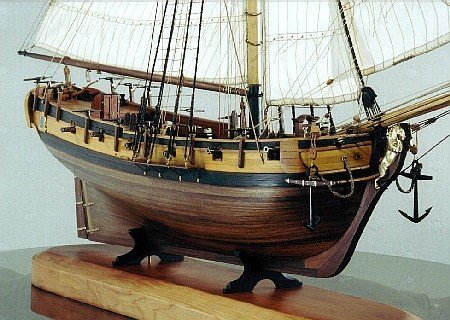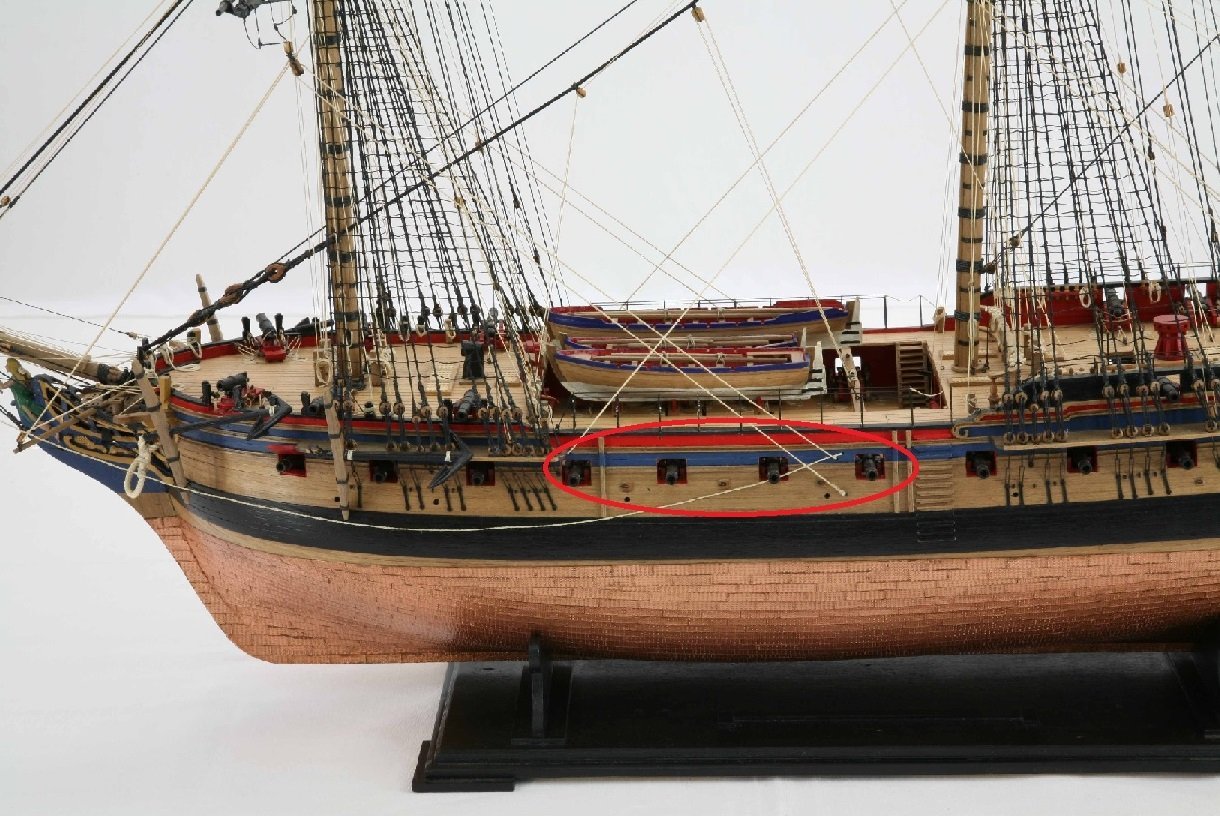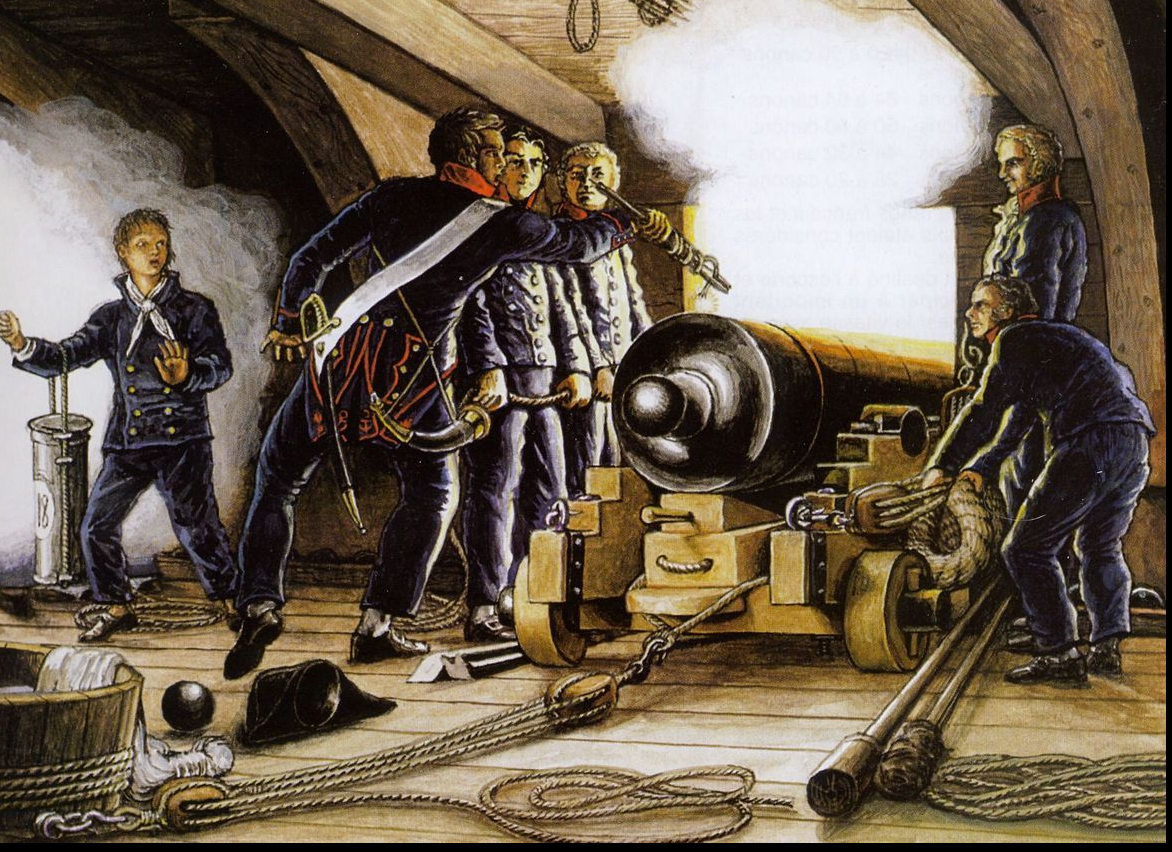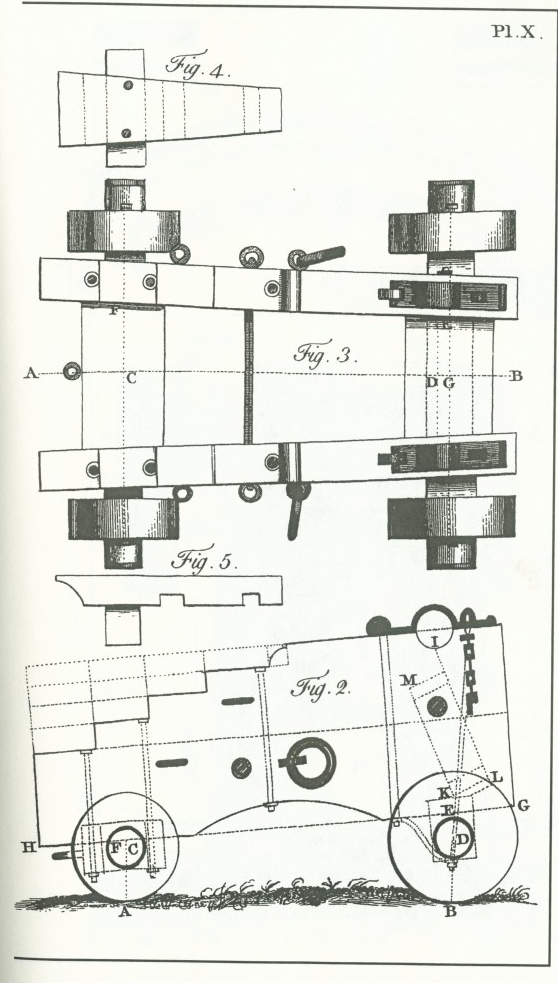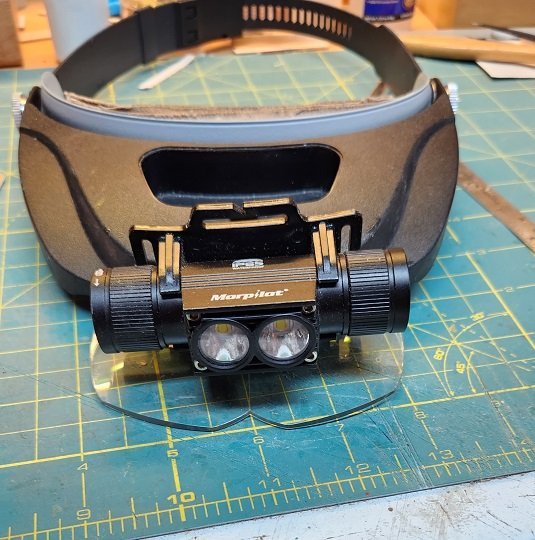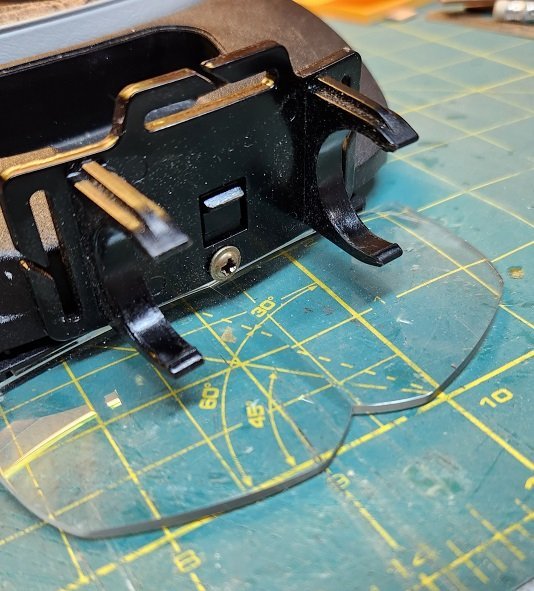-
Posts
3,173 -
Joined
-
Last visited
Content Type
Profiles
Forums
Gallery
Events
Everything posted by Gregory
-
Are the masts glued in place. If not, you can use the stays to achieve the desired rake. To affect the run of the ratlines in a noticeable way, the amount of rake would have to be substantial. On the plans, measure the angle between the mast and the deck. It's then fairly easy to make a template to match the angle.
-
Do the plans not show the angle/rake of the masts?
-
Books to learn Fusion 360
Gregory replied to allanyed's topic in CAD and 3D Modelling/Drafting Plans with Software
Thanks Allan for starting this topic and thank @mgdawson for the Kevin Kennedy reference.. Was able to start feeling comfortable with the interface after the first video.. Fusion 360 has there own tutorials which are a great way to explore the capabilities of the program before trying to use it. https://help.autodesk.com/view/fusion360/ENU/courses/ -
If I may? A deadeye without holes is not a deadeye...😁
-
Great new model Chris! Just for reference there are some pictures in the Gallery of a contemporary Trial model.
- 57 replies
-
- Trial
- Vanguard Models
-
(and 1 more)
Tagged with:
-
Those hinges do look great! There was a time when making them yourself would have far surpassed anything available aftermarket, but not anymore.
- 840 replies
-
- winchelsea
- Syren Ship Model Company
-
(and 1 more)
Tagged with:
-
A very nice model! Makes me feel better about taking my time..
- 152 replies
-
- rattlesnake
- Model Shipways
-
(and 1 more)
Tagged with:
-
I would venture over 90% of the builds at MSW are are kits and many of them relative beginners, who may not be inclined to go to a lot of additional expense beyond what they paid for a 'crap kit. Fortunately they do get a lot of help, instead a load of crap from someone who seems to offer a lot of advice, but no real help with regard to overcoming a problem with what they have at hand.
-
3D orienting of ship blocks in Rhino
Gregory replied to Waldemar's topic in CAD and 3D Modelling/Drafting Plans with Software
That is really great work. Would it be possible for you to make a .pdf available for this image? This would be for my private use. I can PM you if you would prefer to keep it out of the public area I know you have invested a lot of time and resources, and I really appreciate it. Gregory -
What is your reference for the numbers you have? The kit manufacturers typically give a height for the finished model.
-
While we're at it, here's my version. The light has 3 intensity settings, and the dimmest is usually adequate for my work. It works for a couple of hours on a charge, and I have two of them, so that one is always charged up. This particular model doesn't seem to be available on Amazon right now, but they have similar ones. The headset is the Carson Pro Series .
-
We have a member, Doris who hasn't been active in a while, but has made some incredible card models. Here is where she shows some detail of her cannon making. Click on the arrow in the upper right of the image above to see her method. Make sure you click through her logs to see some incredible work.
About us
Modelshipworld - Advancing Ship Modeling through Research
SSL Secured
Your security is important for us so this Website is SSL-Secured
NRG Mailing Address
Nautical Research Guild
237 South Lincoln Street
Westmont IL, 60559-1917
Model Ship World ® and the MSW logo are Registered Trademarks, and belong to the Nautical Research Guild (United States Patent and Trademark Office: No. 6,929,264 & No. 6,929,274, registered Dec. 20, 2022)
Helpful Links
About the NRG
If you enjoy building ship models that are historically accurate as well as beautiful, then The Nautical Research Guild (NRG) is just right for you.
The Guild is a non-profit educational organization whose mission is to “Advance Ship Modeling Through Research”. We provide support to our members in their efforts to raise the quality of their model ships.
The Nautical Research Guild has published our world-renowned quarterly magazine, The Nautical Research Journal, since 1955. The pages of the Journal are full of articles by accomplished ship modelers who show you how they create those exquisite details on their models, and by maritime historians who show you the correct details to build. The Journal is available in both print and digital editions. Go to the NRG web site (www.thenrg.org) to download a complimentary digital copy of the Journal. The NRG also publishes plan sets, books and compilations of back issues of the Journal and the former Ships in Scale and Model Ship Builder magazines.

